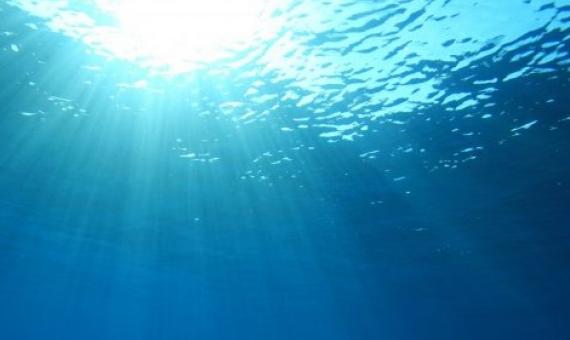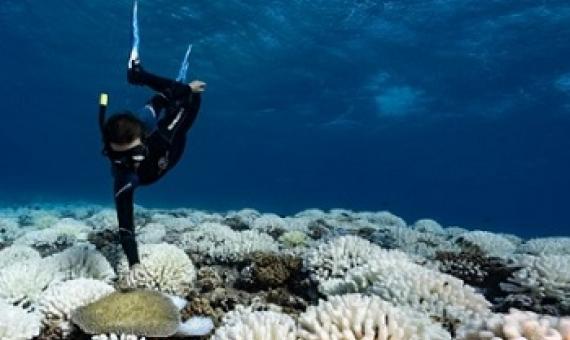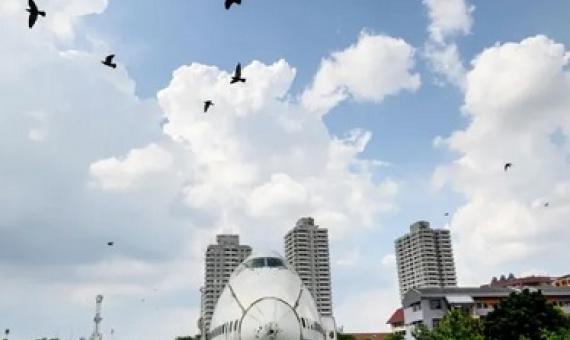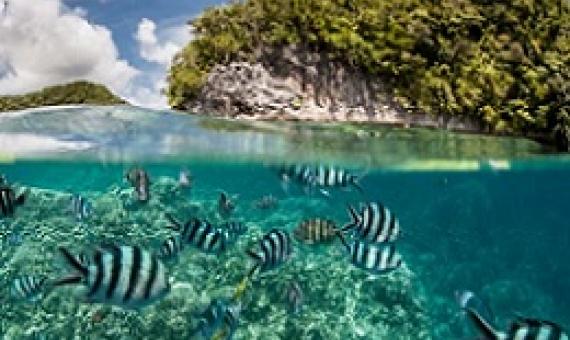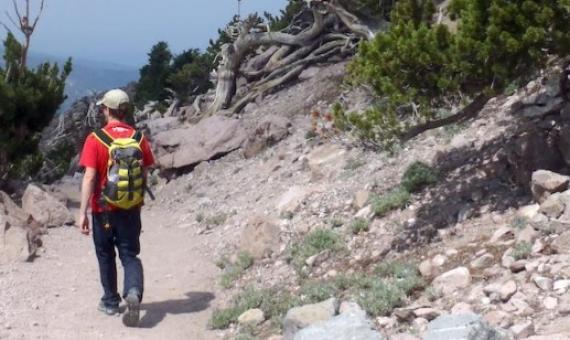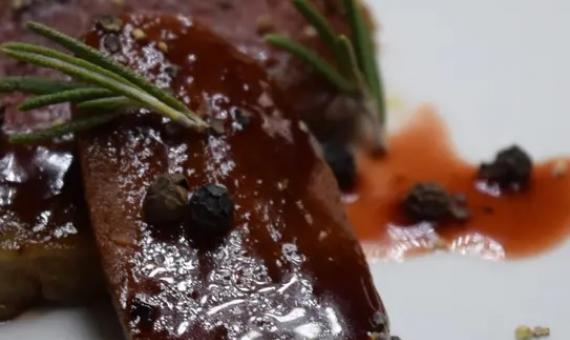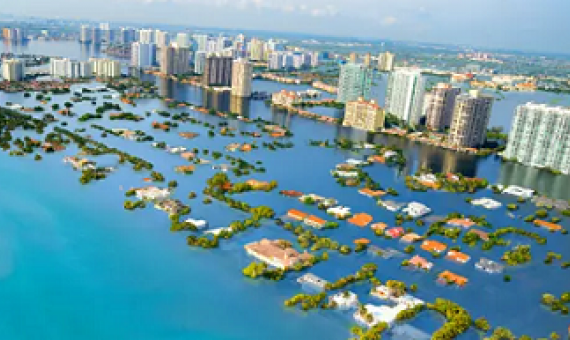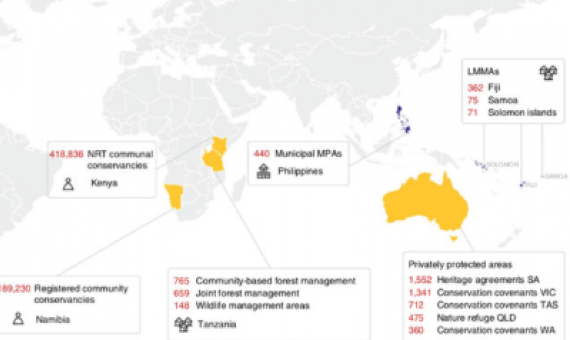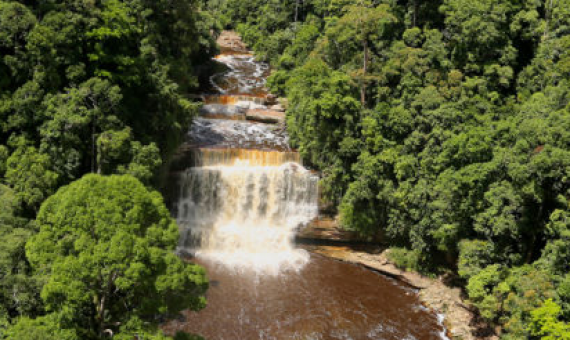Climate change is not being taken into account in the design and management of marine parks, according to research featuring University of Queensland scientists.
Politicians, economists and even some natural scientists have tended to assume that tipping points in the Earth system — such as the loss of the Amazon rainforest or the West Antarctic ice sheet — are of low probability and little understood.
Noise produced by human activities should be better regulated to protect wildlife, say the authors of a study exposing how sound pollution affects myriad creatures from fish to birds.Road traffic, aircraft, ships, factories and oil drilling are all human activities that produce noise, most – but
DNA gathered from remote waterholes in northern Australia has been used to detect an endangered bird in the wild for the first time.
Massive scientific investment has now identified the primary threats to biodiversity, but comparably little research has examined how and why some conservation initiatives spread while others falter. Every year, thousands of conservation initiatives are designed and put into practice around
It's often noted that getting out into nature is good for the soul, both from physical and mental health standpoints.
Manufacturers claim their products taste like the real thing, have huge ecological benefits and could soon be in our homes...Eshchar Ben-Shitrit, co-founder and CEO of Israeli firm Redefine Meat, said switching to printed meat would have huge ecological benefits.
Sea level rise is set to challenge human civilization for centuries to come, even if internationally agreed climate goals are met and planet-warming emissions are then immediately eliminated, researchers have found.
For biodiversity conservation efforts to have a big impact, they must scale up. But how does that happen? A study published earlier this month in Nature Sustainability offers some insights into what helps and hinders the dissemination of conservation programs, policies and projects.
A study of human activity within thousands of conservation spaces in over 150 countries suggests that - on average across the world - protected areas are not reducing the "anthropogenic pressure" on our most precious natural habitats.

